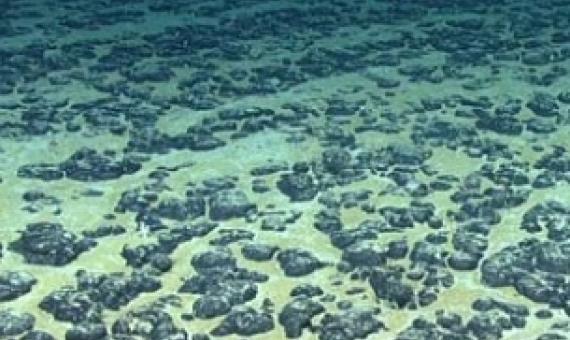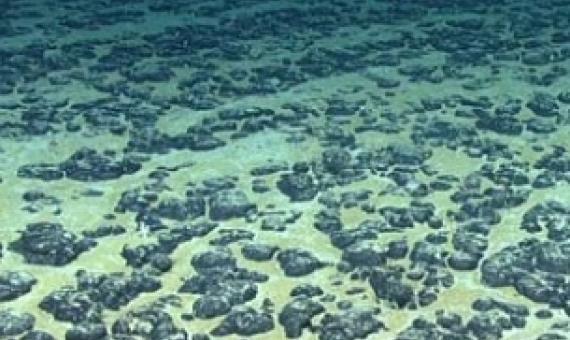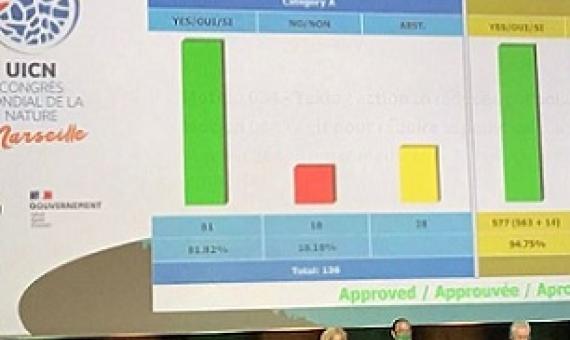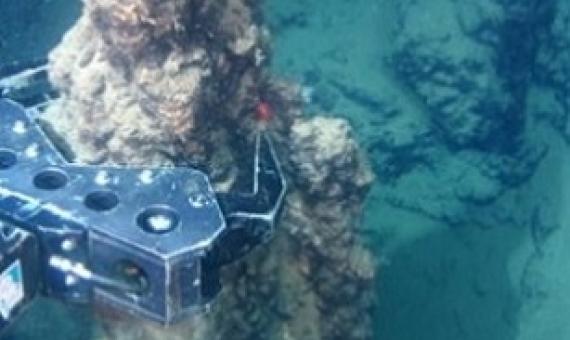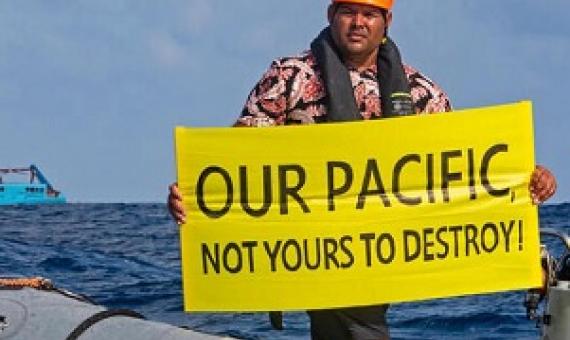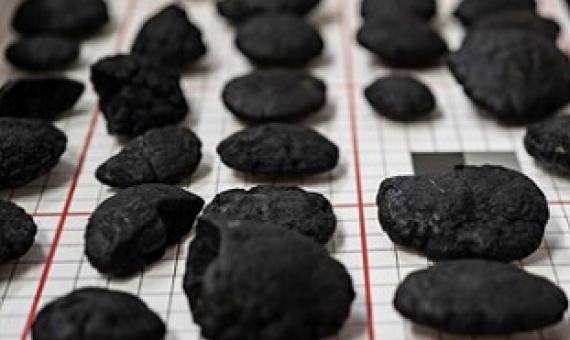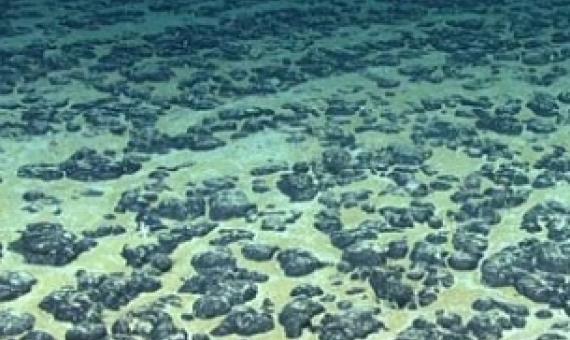Since the pandemic brought travel to a halt, the International Seabed Authority has been working to meet contractor deadlines and make progress on a variety of issues revolving around finalizing the mining code, facilitating workshops, and engaging stakeholders and experts through remote meetings
Seabed mining can affect fisheries and the flow-on social equity issues need to be addressed. What is currently hundreds of meters down below the ocean floor could soon be found in our electronics and on construction sites.
Members of the IUCN World Conservation Congress have voted overwhelmingly in support of a moratorium on deep-sea mining, an activity that conservationists say could cause irreversible damage to the ocean.
Local government officials, traditional leaders, and non-governmental organisations have been invited to a four-day virtual seabed mining workshop next week that aims to focus on environmental management and monitoring aspects of operating in the deep sea.
Hundreds of scientists, and coalitions of churches, environmentalists, and NGOs are calling for a ban on deep sea mining, following a political move that may open the gates for it to begin in the Pacific in two years. This week, the fledgling deep sea mining sector got a green light for
Nauru's government is being urged to halt its reported push to allow deep sea mining in international waters by 2024. A media report on Saturday claimed the Pacific Island government was intending this week to ask the International Seabed Authority (ISA) to fast-track the adoption of seabed
With the technology to mine the seafloor under development, and companies looking to secure valuable leases, the main impediment to deep-sea mining in international waters is the Mining Code, a set of regulations—still under development by the International Seabed Authority (ISA)—that will dictat

